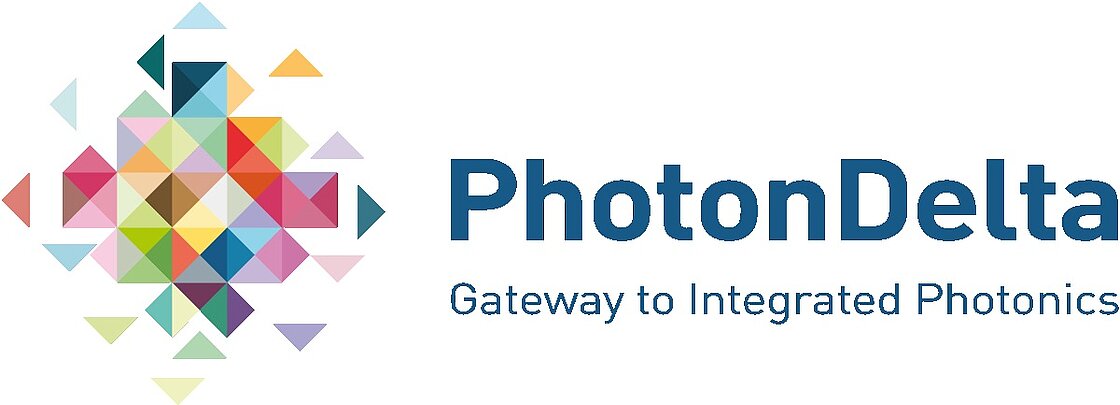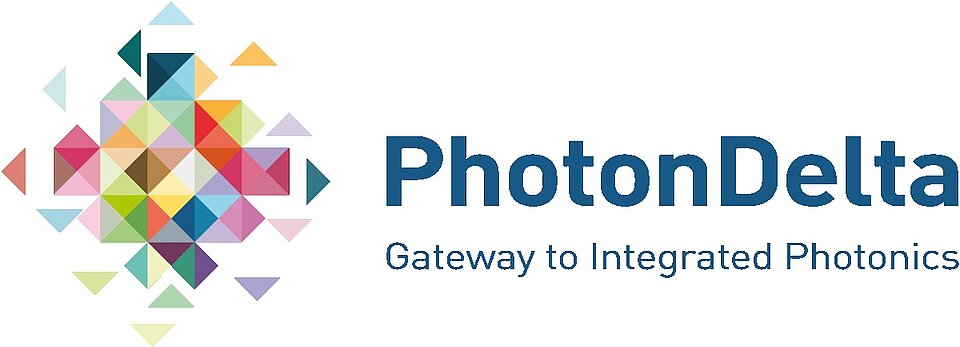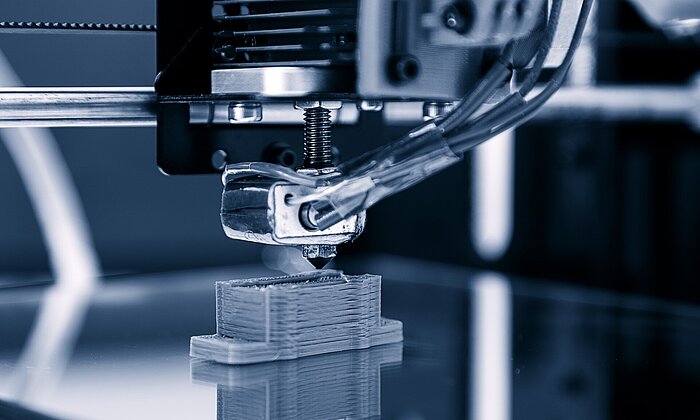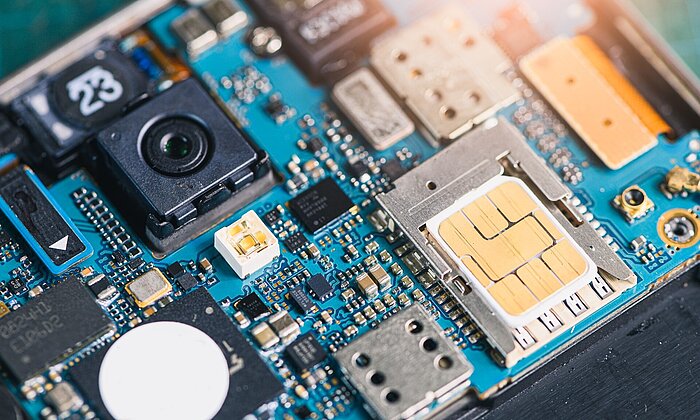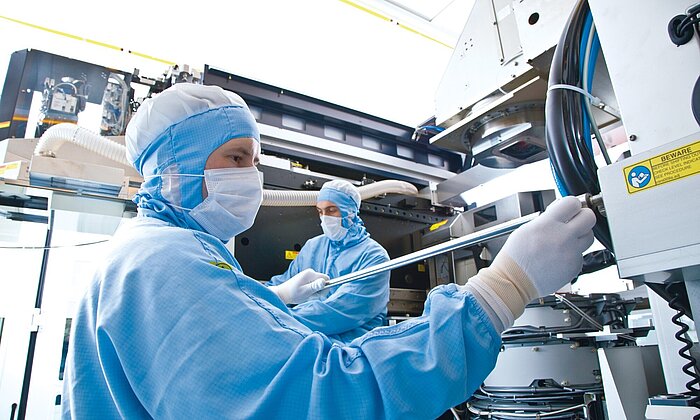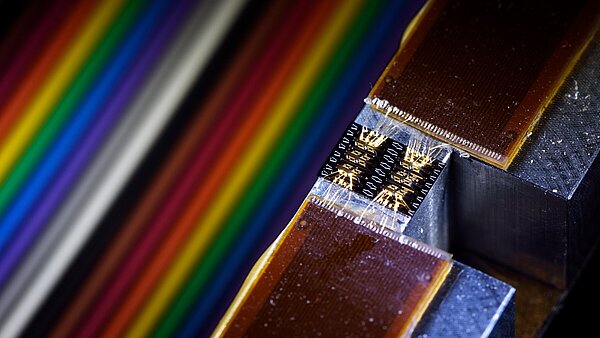
Tracing, generating, transporting and processing light
Streaming a film on Netflix, video calling your colleagues and requesting traffic information directly through your navigation system: these are just a few examples taken from daily life that are already possible thanks to an ultra-fast transport of information, or data. We're seeing the same development in healthcare, government and in industry. It's a development made possible by photonics, the interaction between light and electronics.
There's no denying that we expect a lot from our electronics these days. Luckily, they have a substantial capacity. But substantial is not the same as endless. If we keep going at this pace, and that seems almost certain, it won't be long before there will be buffering when streaming a film, you can't see each other properly in a video call and your navigation system fails to warn you about the traffic jam you're already in the middle of. Luckily, there is a solution: photonics. Photonics is an emerging technology which focuses on tracing, generating, transporting and processing light. The advantage? It's faster, more stable and more accurate than electronics. The speed, in particular, allows much more information to be sent.
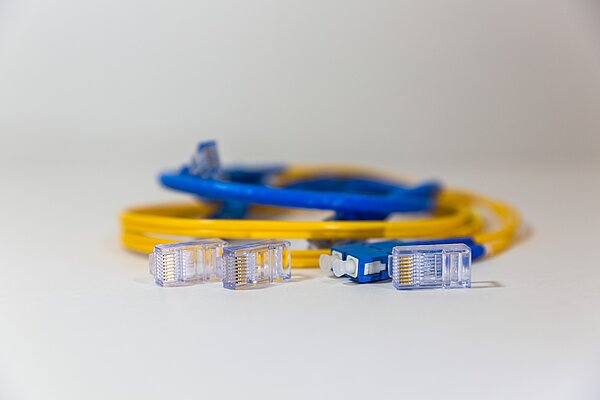
Fibre optic
Not only do the words photonics and electronics look similar, but there are also similarities in the technique itself too. But there is one big difference: instead of electrons, photons are used to send information. That's more energy-efficient and faster. Photons are already being used in a number of applications, the best known being the fibre optic network. Internet enters your home or office by way of a fibre optic cable through which light is sent. Other examples are monitor screens, lighting, lasers, solar cells and sensors, which all make use of this new technology.
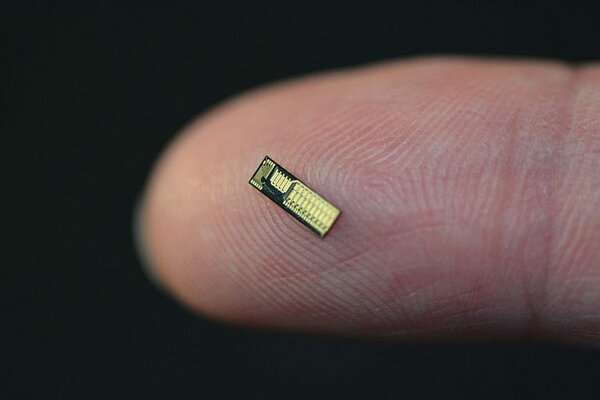
Integrated photonics
In Brainportregio, we take it a step farther. We're working hard on the chips of the future - photonic chips. Various photonic components such as sensors, lasers and transistors are collected on a single chip. We call that integrated photonics. The exchange of data on this microchip doesn't take place through electrons, only through photons. They use less energy, are many times smaller and much more accurate too. And, also very important, you can send much more data. The chips are also able to warn about any real problems before they happen, thanks to changes in the light.

Agriculture
This innovative technology enables these chips to be used in countless applications. They can be used to combat the increasing energy consumption of data centres, for example, or create new possibilities in the medical world, but they're also going to help in the monitoring of hairline fractures in aircraft wings, and building bridges or high buildings. And the agricultural sector is also really interested to see the developments. Using phototonic chips, it will be possible to sow, fertilise or irrigate at exactly the right moment.
Brainport
There is already a valuable group of young businesses and knowledge institutes in Brainport involved in integrated photonics. Eindhoven University of Technology (TU/e) plays an important role there. Companies making strides in this field include SMART Photonics and EFFECT Photonics
PhotonDelta
So Brainportregio is a frontrunner when it comes to photonics. A collaborative partnership has been set up to maintain and reinforce this worldwide leader’s position: PhotonDelta. The TU/e, Brainport Development, BOM, the Chamber of Commerce (KvK), the province of Noord-Brabant, research institutes Cobra, JePPIX and Nanolab@TU/e and a number of companies are involved in the collaborative partnership. Together, they are working to raise awareness and increase facilities for further development of this technique.
